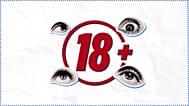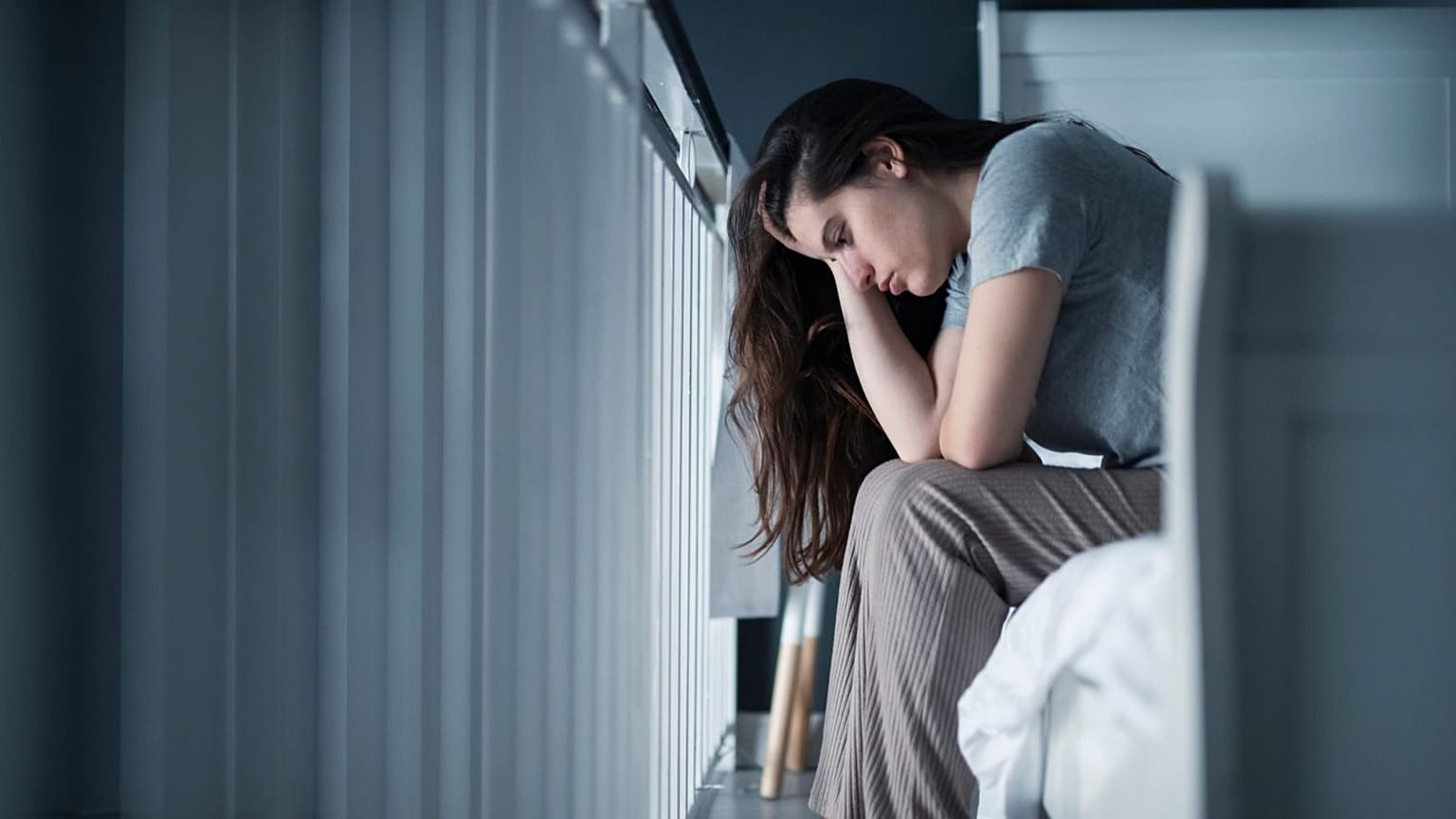More than half of people experiencing their first episode of major depression will experience a relapse.
People recovering from depression spend more time processing negative information over positive information, a new study has found.
This puts them at a risk for relapse after recovering from a major depressive episode.
“Our findings suggest that people who have a history of depression spend more time processing negative information, such as sad faces, than positive information, such as happy faces, and that this difference is greater compared to healthy people with no history,” said Alainna Wen, a postdoctoral scholar at the University of California Los Angeles’ Anxiety and Depression Research Centre, in a statement.
“Because more negative thinking and mood and less positive thinking and mood are characteristic of depression, this could mean that these individuals are at a greater risk for having another depressive episode”.
Relapse rates for major depressive disorder are high: more than 50 per cent of individuals with a first-time episode will experience multiple subsequent episodes, the authors said.
The researchers analysed 44 studies involving more than 2,000 people who had a history of major depressive disorder and published their findings in the Journal of Psychopathology and Clinical Science.
The studies included ones where participants had to sort words or react to positive or negative words. Some studies showed participants happy and sad faces and asked them to push a different button for each.
Compared to healthy individuals, individuals who have had a major depressive episode had less control over the information they process and might have more negative moods and thoughts. They were also slower than healthy individuals at responding to stimuli.
The researchers say the findings could help to better treat depressive disorders.
How many people in Europe suffer from depression?
Around 7.2 per cent of people in the European Union suffer from chronic depression, according to the latest figures from Eurostat.
Among European countries, Portugal had the highest share of the population reporting chronic depression while Romania had the lowest share reporting depression.
The proportion of people 15 and older who had depression in EU countries was higher for women than for men.
The share of people reporting depression in the EU increased with age.
If you are struggling with your mental health or depression, you can find helplines here or here.


















